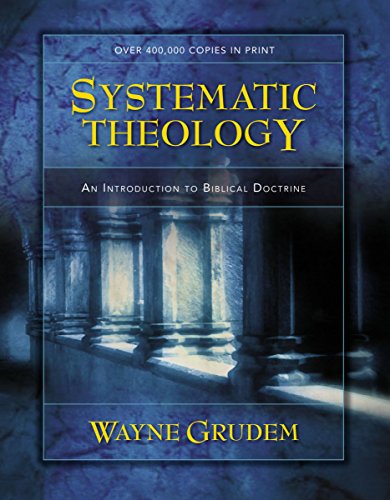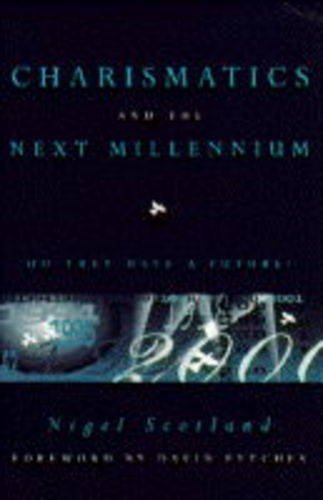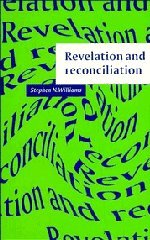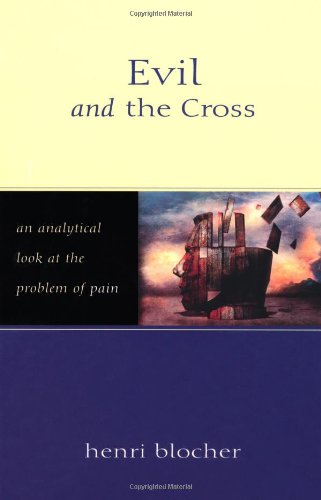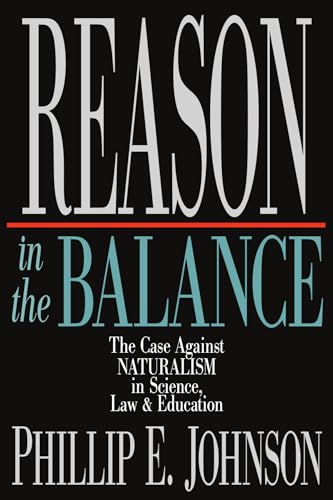Systematic Theology. An Introduction to Biblical Doctrine
Written by Wayne Grudem Reviewed By Roy KearsleyJust when you thought systematic theologies belonged only to fossil evidence, a fearless new contender appears. Wayne Grudem’s book has warm commendations from distinguished evangelicals including J.I. Packer, and it is not difficult to see why. It fully deserves the claim that it is friendly, clear, warm, devotional, practical and clear of jargon. In some ways it attempts in the modern era the approach of Calvin’s Institutes: the main aim is edification and instruction, not the reworking of theological foundations or the making of waves in academia. Other great virtues are the inclusion of strong sections on prayer and on the Holy Spirit, subjects neglected by systematic works.
In several places clear evidence remains of the original North American setting (Zondervan are co-publishers). For instance, the creation—evolution debate occupies an inordinate amount of space, as if it could so easily be disposed of in a theological context. Internecine debates between dispensationalists is of less interest here though not completely without importance. And probably only from the North American continent could an author get away with the following preamble: ‘[apart from the Bible] the other writers I interact with in this book are mostly within what is today called the larger ‘conservative evangelical’ tradition … I think someone needs to say that it is doubtful that liberal theologians have given us any significant insight to the doctrinal teachings of Scripture that are not already to be found in evangelical writers’.
There are several things wrong with the latter part of this statement apart from its overconfidence. For one thing, it seems to ignore completely the existence of any other stream or tradition. What of constructive writers today in Eastern Orthodoxy, Roman Catholicism, Anglo-Catholicism and others? Is the theological world populated only by evangelicals and liberals? The assumption of only a straight head-to-head between heroic evangelicals and troublesome liberals suggests myopia. Then again, what is liberalism? Who earns the epithet and by what criteria? And who are the evangelicals? In the preamble it looks as though only those subscribing to a particular statement of biblical inerrancy are included, but I doubt that all who are later quoted with confidence in the book have been appropriately shibbolethed by this rule.
As it happens, I share most, though certainly not all, Grudem’s convictions in this book, but one should not extol truth through distortion of reality. By a miracle of God, people with quite hostile notions of Scripture turn up insights—and ‘evangelicals’ can write pulp fiction and call it theology. Is it any wonder that some ‘liberals’ go away thinking that evangelicals are rather insular and conceited?
But is this just an uncharacteristic slip-up in the preamble? In some ways, yes. Grudem has plainly read what he would call liberal authors. He shows courtesy and rationality in dealing with their views, albeit usually negatively. He knows and acknowledges truth and Christian experience in Roman Catholicism, in much the same way as Calvin did. But his dismissal of modern insights also impoverishes some parts of the work (for example, ecclesiology) and leaves it at those points without a depth it could have had. It also ensures that applications will often be fairly bland without a radical cutting edge and challenge. In addition, it leads him into mistakes. He introduces, for instance, the idea of ‘economic subordinationism’ into the Trinity. This does not seem to resemble either role differentiation (or ‘appropriation’), as in the mainstream Christian tradition, or the Son’s subordination in the ‘State of Humiliation’ (Berkhof’s Reformed approach). It seems rather to endorse the ‘hierarchical’ Trinity which has come under question from theologians of most traditions in recent days, including many with a devout view of Scripture and faith. They may be wrong—but you will not get Grudem to tell you why. True to form, we are led in due time to the statement that ‘Just as God the father has authority over the Son so in a marriage, the husband has authority over the wife’. A glance at such despised ‘liberals’ as Jurgen Moltmann would have delivered a caution against such an unorthodox statement, one that appears nowhere in the NT and is not authorized in the confessions and creeds. Equally, the author shows little interest in the modern restoration by Barth, Moltmann and others of the Christian doctrine of the Trinity to a pivotal position in the Christian system. He follows a conventional Reformed structure without reference to these crucial considerations.
Other examples could be pointed out. Too often a black-and-white response deals with questions, and the more traditional a view, the more likely it is to win. One exception is the author’s stance on the Holy Spirit, which is moderately in sympathy with charismatic renewal as represented by John Wimber, who appears in the acknowledgement. However, despite the frequently adversarial approach the work as a whole is not polemical in tone. On the contrary, it is very full and responsible in its discussion and even eirenic on issues dividing evangelicals. Its greatest strength, however, is as a very readable, well-defended and applicable theology in the Reformed tradition. It is substantial whilst free of intellectualism and is strengthening to personal Christian faith. I enjoyed reading it and I am sure many others will. It is long, probably too long, but worth the effort and full of profit for someone starting out in Christian doctrinal study.
Roy Kearsley
Glasgow Bible College


